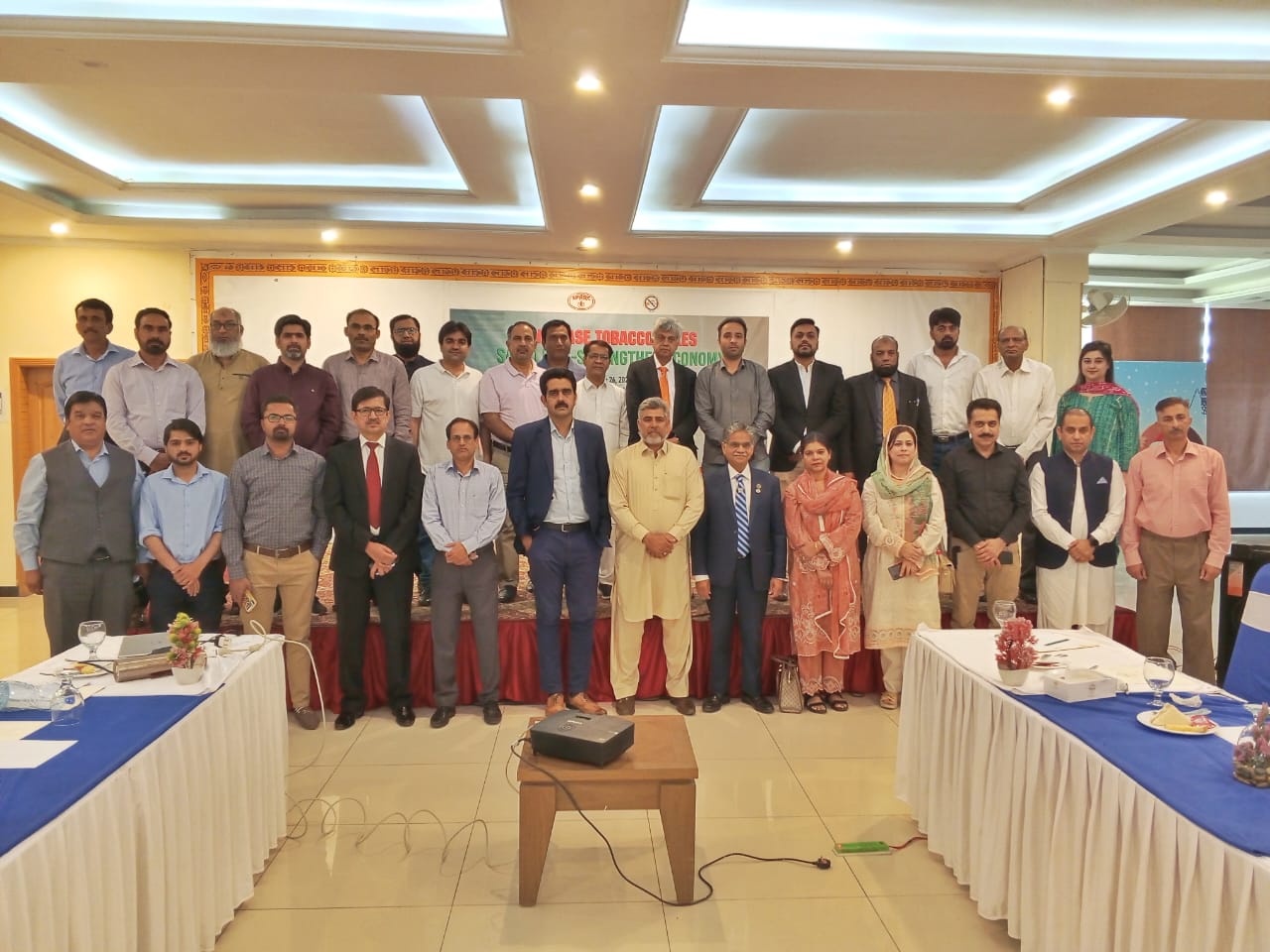|
Getting your Trinity Audio player ready...
|
International Monitory Fund (IMF) has pressed on the “need to limit tax incentives to cases where their economic benefits, such as employment generation and value addition to the economy, outweigh the costs to the budget”.
This is a meaningful proposal as Pakistan seeks a new bailout package ranging from $6 to $8 billion under the Extended Fund Facility (EFF). Capital Calling, an Islamabad-based think tank, has pointed out that cigarette manufacturing is one of the messiest sectors where tax reforms are needed at the earliest.
Speaking at discussion by a group of researchers, Dr Hassan Shehzad, from International Islamic University Islamabad (IIUI), commented that cigarette manufacturing industry’s contribution to employment generation or value addition to the economy is negligible.
On the other hand, it accounts for “over 163,600 people each year in Pakistan. Almost 31,000 of these deaths are due to exposure to second-hand smoke. Tobacco causes about 16.0% of all male deaths and 4.9% of female deaths. Overall, 10.9% of all deaths are caused by tobacco.”
Dr Muhammad Zaman, head of Zaman Research Centre (ZRC), Quaid-i-Azam University (QAU), said that there is evidence that consumption of tobacco declines when its price increases as it goes out of the reach of many users.
“Higher taxes on tobacco could reduce consumption in South Asia by at least one-third and avoid 35-45 million premature deaths, concludes an analysis published today in The British Medical Journal,” said Dr Zaman, quoting a research report.
He said that IMF recommendations for uniformed tax on cigarettes, regardless of their local or foreign brands, is praiseworthy and should be implemented forthwith. He said that different cigarette companies have been trying to build media narrative against each other, which is amusing. “The point is,” he said, “that no amount of verbosity can change the fact that cigarette is injurious to health and that Pakistan has become a haven for cigarette makers because of the flaws in the tax system, many of whom have been pointed out by the IMF. The flaws have to be ironed out of the system. The sooner, the better.”
Author Profile

- Dr Hassan Shehzad
- Teaches Data Journalism and Public Diplomacy.
Latest entries
- May 15, 2024EducationHealth activists proposed 26% increase on tobacco products
- May 15, 2024Business & TradeAbout time IMF stay put on its recommendation for uniformed tax on tobacco products
- May 15, 2024City SpeakUnsafe roads bleeding economy dry, account for 4 pc of GDP: Prof Zaman
- May 14, 2024Life Style & LandscapeIncrease cigarette prices to save lives, accademicians appeal to government


